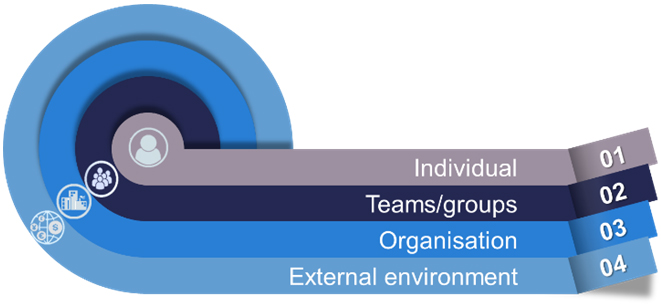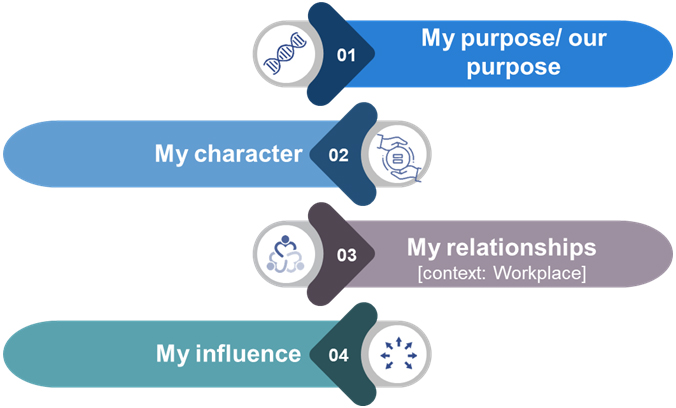ACCREDITATION


Following the results of a safety behaviour assessment done with a sample of employees, Impala Platinum Processing requested the design and development of a learning intervention to:
 Growth-Link understands that (safety) behaviour in an organisation is part of a system where individuals and teams/groups within the organisation are influenced by the external environment and vice versa. In most organisations a lot may be done and trained on organisational level (policies, practices, etc), but changing the way in which teams/groups and individuals behave with regards to safety on an intrapersonal and interpersonal level is often overlooked.
Growth-Link understands that (safety) behaviour in an organisation is part of a system where individuals and teams/groups within the organisation are influenced by the external environment and vice versa. In most organisations a lot may be done and trained on organisational level (policies, practices, etc), but changing the way in which teams/groups and individuals behave with regards to safety on an intrapersonal and interpersonal level is often overlooked.
Psychology research tells us that stress and anxiety negatively impact individuals’ ability to think clearly and causes them to behave in ways that put strain on relationships (whether it be in their personal lives and/or at work). This emphasises the importance of personal effectiveness and effective leadership of others. Below three (3) aspects are highlighted that can cause an individuals’ mindfulness and, consequently, safety consciousness to decrease:
Safety consciousness is driven by mindfulness to a large extend. Individuals must be ‘present’, consciously identifying potential hazards and identifying mitigating factors.
Regardless of the notion of not having your personal life influence your work life, we all know that this is not true. Personal challenges influence our stress levels which impairs our judgement if experienced over a long period or at high intensity and if not managed effectively, i.e.
Some internal factors increase individuals’ risk-propensity. This could be highlighted using a psychometric assessment instrument to create insight. In this case, feedback has to be done by a professional to avoid the individual to feel that there is something fundamentally wrong with him/her OR feeling that it is inherent to their nature so nothing can be done (“It’s just the way I am”-mentality).
Changes in behaviour of high-risk propensity individuals can be brought about by continuous and effective coaching. This highlights, once again, the importance of effective supervision.
It was therefore commendable that Impala Platinum Processing has gone beyond the notion of focusing only on the Hierarchy of Controls and realising the importance of establishing own safety consciousness as well as managing that of others.
To arrive at a solution, Growth-Link also ‘consulted’ the DiClemente and Prochaska's Stages of Change Model. This helped to identify the focus of the learning intervention. Prospective learners have already moved from a ‘unknown/unaware’ state to an ‘awareness’ phase by completing the safety assessment and receiving individual feedback. The learning intervention could thus focus on:
A two-day programme was developed to take learners through a journey of self-discovery and skills development focussing on four (4) main areas:

Sound- and animated video clips were used to help learners realise the impact on themselves and their families if they were to be injured or killed. Also, the recognition of their own behaviour that could be putting themselves and others in danger every day. This was all driven by increasing their understanding of themselves, what are important to them and their purpose.
Character-building focussed on how character (based on values) influences mindset and behaviour. Aligning values and behaviour of what Impala Platinum expects of their leaders on all levels and how living a balanced life helps to build a strong and healthy character. This included stress management tools.
Relationship tools focussed on conflict handling and repairing of broken or damaged relationships. How to ‘reset’ after a setback and making unpopular decisions were include as valuable skills for supervisors.
Planning for own behaviour change and holding yourself accountable concluded the learning experience.